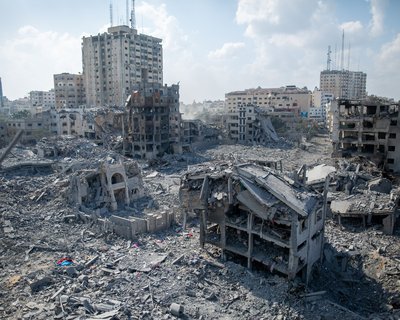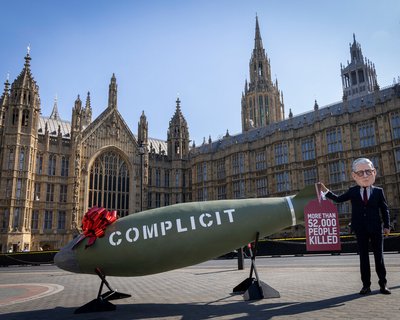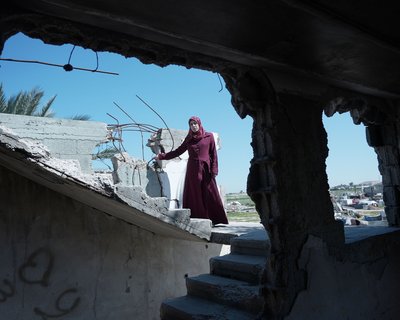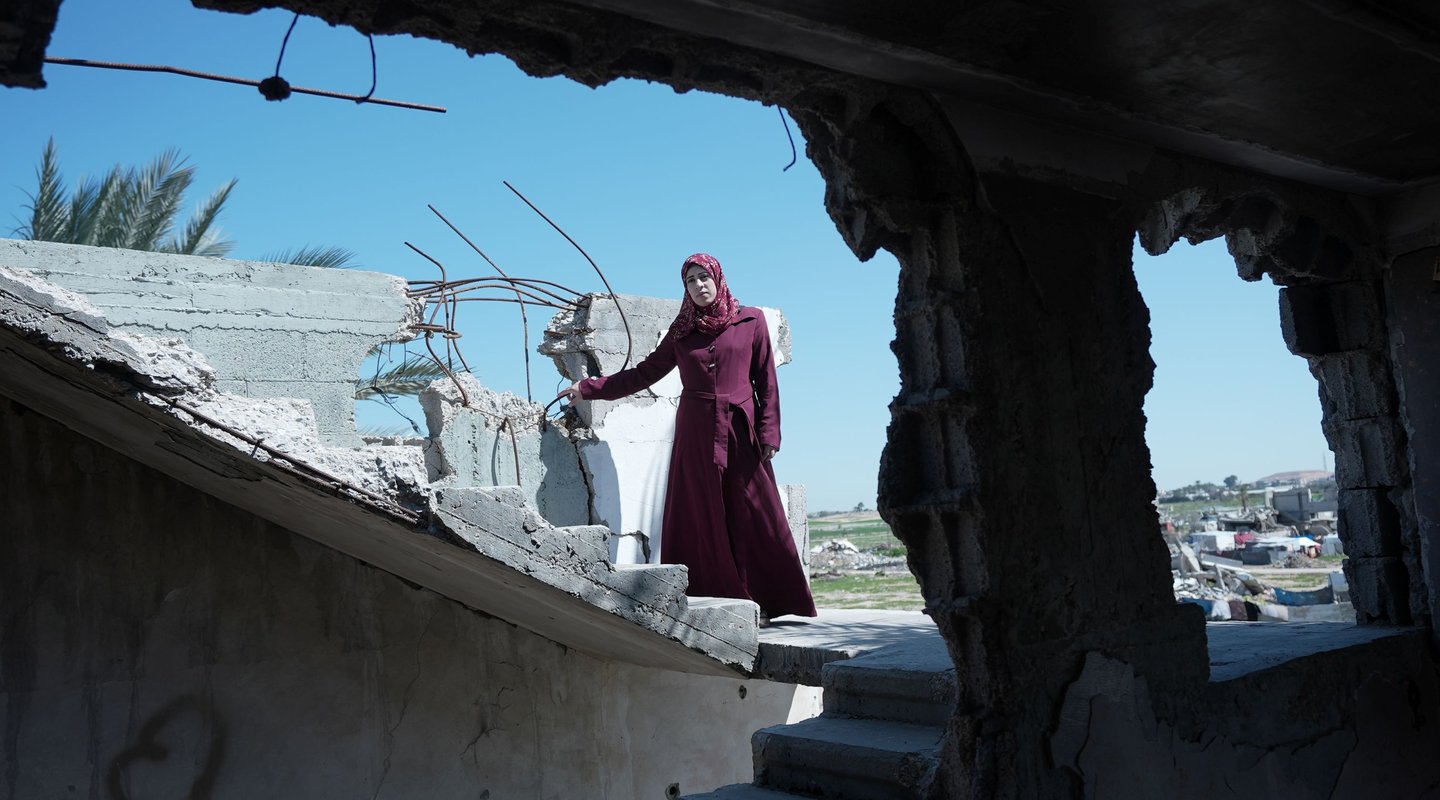Emergency appeal
Donate to Gaza
Last updated: 01 July 2025
Israel has Gaza under near-total siege. People are facing the destruction of vital services including water and sanitation. All of Gaza is at risk of famine.
Please donate now to help us scale up our response when access is allowed.
Your donations will help provide emergency food, clean water and hygiene kits to people in Gaza*.
What's happening in Gaza?
- The Israeli military has killed over 53,000 Palestinians in Gaza, including thousands of children.
- Israel is blocking all but a trickle of life-saving aid into Gaza – people are struggling to access basics like food, water, medicine and shelter.
- All of Gaza is at risk of a manmade famine. Starvation is widespread, and children and families are already dying from hunger.
- There is not enough clean, safe water in Gaza. Water and sanitation systems are shattered. The situation is desperate.
- Many people remain living in makeshift tents and shelters.
- Gaza's medical system is struggling to cope with the number of casualties and hospitals are critically low on supplies.
The most urgent needs in Gaza right now are water, food, medical supplies, and shelter.
In the West Bank, the ongoing violence and military operations have led to a significant rise in displacement of Palestinian communities and worsening humanitarian conditions.
What is Oxfam doing in Gaza?
The Israeli military bombardment, destruction of infrastructure, and blockade on goods entering Gaza, has made a full-scale humanitarian response extremely difficult.
Despite huge obstacles, Oxfam staff and partners have been responding as best they can and desperately waiting to scale up their humanitarian work as soon as more aid is allowed in.
Your donations have helped Oxfam teams and partners reach more than 1.2 million people with essential support since October 2023. This includes:
- Emergency food assistance, food parcels, cash and vouchers.
- Clean water and sanitation; by trucking in water and repairing badly damaged water and wastewater pipelines.
- First aid kits, hygiene kits, protection kits and cleaning supplies.
- Blankets, mattresses and sleeping mats to families forced to live in tents.
Oxfam has worked in the Occupied Palestinian Territory and Israel since the 1950s. We have supported communities in Gaza, the West Bank and East Jerusalem, to tackle the root causes of conflict, build resilience, and protect people’s rights.
Our partners include:
The Palestinian Medical Relief Society, Juzoor, The Cultural & Free Thoughts Association, Palestinian Environmental Friends, Palestine Agricultural Relief Committee, Atfaluna, The Association for Woman and Child Protection, the Economic and Social Development Centre of Palestine, and Al Bayader.
"Life before the war was truly beautiful." - Duaa Image: Alef Multimedia Company/ Oxfam
The sound of the drones constantly buzzing never leaves us.”
– Duaa in her kitchen in Gaza.
What else can I do to help people in Gaza?
There are lots of other ways you can support people in Gaza. Stay informed, speak out, and join us in our calls for justice and lasting peace.

Permanent ceasefire now
Call for a permanent ceasefire, unrestricted humanitarian access and a path to justice.

Stop arming Israel
The UK government must stop being an ally to Israel's atrocities. Demand an end to their complicity.

How to help Gaza and Palestine
Here are some ways you can show solidarity with people living in Gaza and the occupied Palestinian territory.
More on the Gaza crisis
- Read our latest press releases.
- Read frequently asked questions.
How we spend your money
For every £1 you donate to this emergency appeal, we will allocate 9p of your donation to cover general support and running costs. There is a small chance that we will raise more money than is needed for this appeal. If this happens, we'll spend any additional funds on other Oxfam projects – wherever the need is greatest.
*Funds raised from this appeal will support people in Gaza, and may also be used to support communities in the West Bank and Lebanon.
